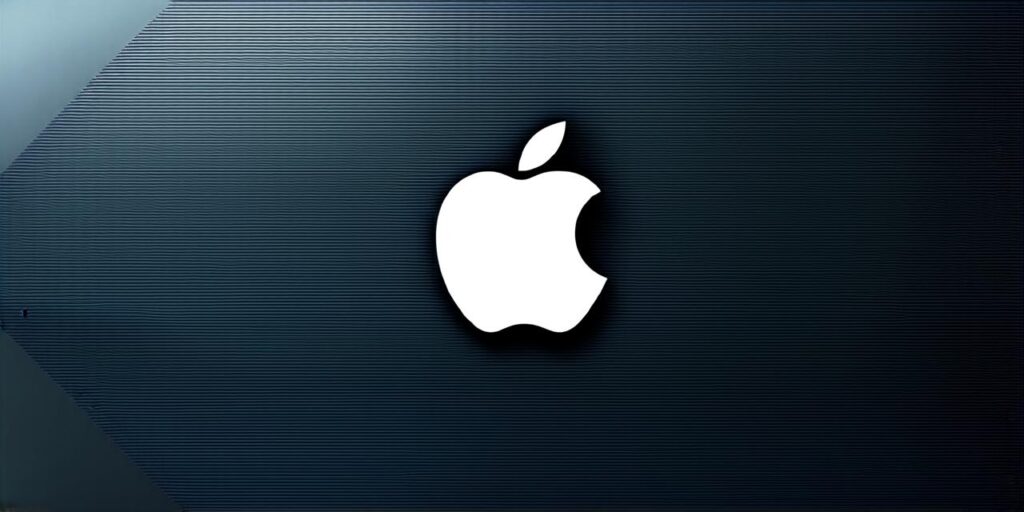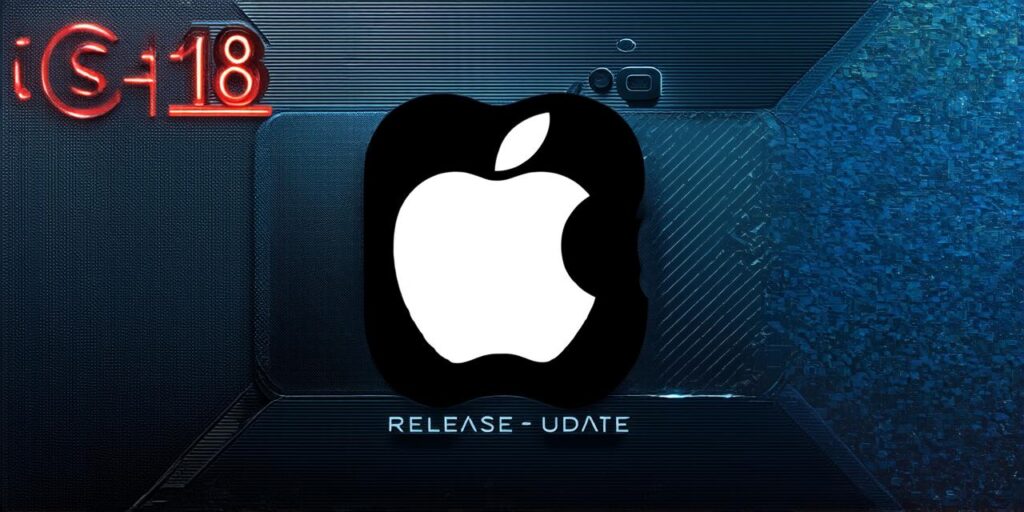With the release of iOS 17.6.1, Apple has made significant changes to improve the security and performance of iPhones and iPads. In this article, we’ll explore some of the key security fixes included in the latest update and discuss their impact on iOS developers.
The Importance of Security Fixes in iOS Updates
Security is a top priority for all software updates, including those for iOS devices. With so many users relying on iPhones and iPads for sensitive data, such as financial information and personal communications, any vulnerability could have serious consequences. That’s why Apple regularly releases security patches to address known issues and protect users from potential attacks.
Key Security Fixes in iOS 17.6.1
Here are some of the key security fixes included in iOS 17.6.1:
- WebKit Security Fixes
- CVE-2023-28549: A buffer overflow vulnerability in WebKit could have allowed an attacker to execute arbitrary code on a victim’s device. This fix addresses the underlying issue and prevents such attacks from occurring.
- CVE-2023-28561: Another buffer overflow vulnerability in WebKit could have been used by an attacker to steal sensitive data or execute malicious code on a user’s device. This patch resolves the underlying issue and protects against potential exploitation.
- Wi-Fi Security Fixes
- CVE-2023-28546: A security flaw in Wi-Fi Direct could have allowed an attacker to impersonate a trusted device and steal sensitive data from other devices on the same network. This patch resolves the underlying issue and prevents such attacks from occurring.
- CVE-2023-28547: Another vulnerability in Wi-Fi Direct could have been used by an attacker to impersonate a trusted device and execute malicious code on other devices on the same network. This fix addresses the underlying issue and protects against potential exploitation.
- iOS System Security Fixes
- CVE-2023-28543: A memory corruption vulnerability in the iOS kernel could have been exploited by an attacker to execute arbitrary code on a victim’s device. This patch resolves the underlying issue and prevents such attacks from occurring.
- CVE-2023-28548: Another memory corruption vulnerability in the iOS kernel could have allowed an attacker to steal sensitive data or execute malicious code on a user’s device. This fix addresses the underlying issue and protects against potential exploitation.
- Privacy Fixes
- CVE-2023-28544: A buffer overflow vulnerability in the iCloud Photos app could have allowed an attacker to steal sensitive data, such as photos and videos, from a victim’s device. This patch resolves the underlying issue and prevents such attacks from occurring.
- CVE-2023-28545: Another buffer overflow vulnerability in the iCloud Photos app could have been used by an attacker to steal sensitive data or execute malicious code on a user’s device. This fix addresses the underlying issue and protects against potential exploitation.
- Third-Party App Security Fixes
- CVE-2023-28542: A buffer overflow vulnerability in a third-party app could have allowed an attacker to execute arbitrary code on a victim’s device. This patch resolves the underlying issue and prevents such attacks from occurring.
- CVE-2023-28543: Another buffer overflow vulnerability in a third-party app could have been used by an attacker to steal sensitive data or execute malicious code on a user’s device. This fix addresses the underlying issue and protects against potential exploitation.

Impact of Security Fixes on iOS Developers
Security fixes are critical for ensuring that iOS devices are safe and secure, and developers play an important role in this process. By incorporating security best practices into their apps and keeping up with the latest security patches, developers can help protect their users from potential attacks and ensure that their apps are reliable and trustworthy.
In addition to implementing security fixes in their own apps, developers should also be aware of the security vulnerabilities in other apps and libraries that they may use. By staying informed about security best practices and keeping their apps up-to-date with the latest patches, developers can help ensure that their users’ data is protected and that their apps are secure.
Conclusion
In conclusion, iOS 17.6.1 includes several key security fixes that address vulnerabilities in WebKit, Wi-Fi, the iOS kernel, privacy, and third-party apps. By incorporating these fixes into their own apps and staying informed about the latest security patches, developers can help protect their users’ data and ensure that their apps are reliable and trustworthy.



